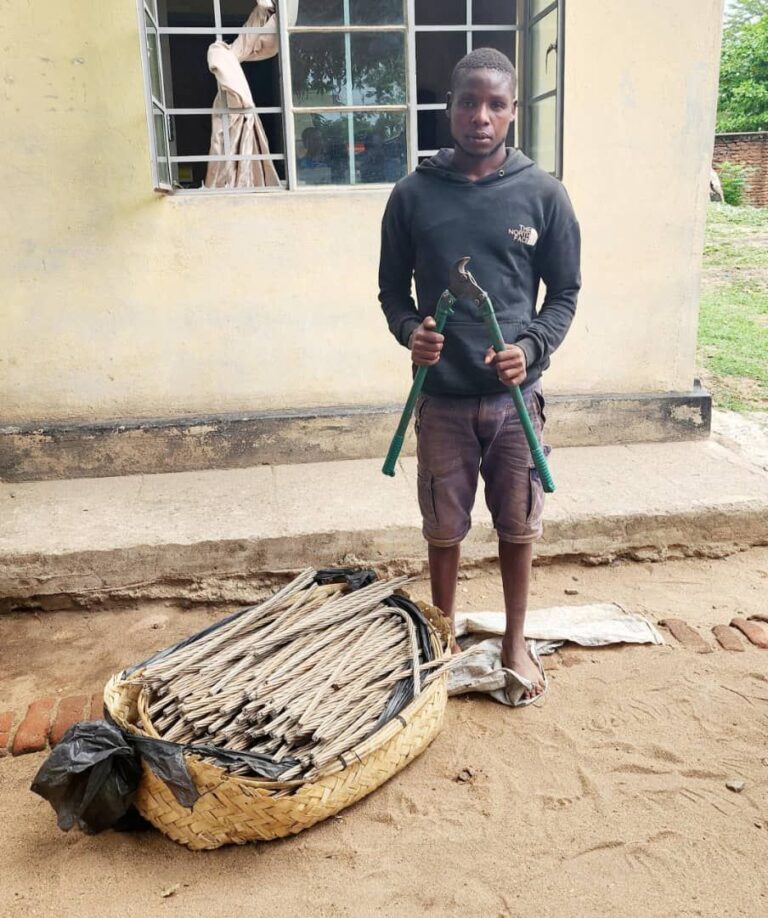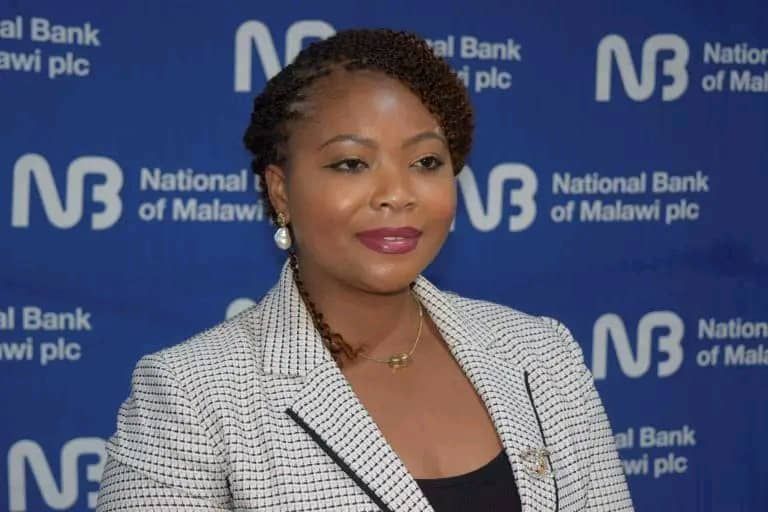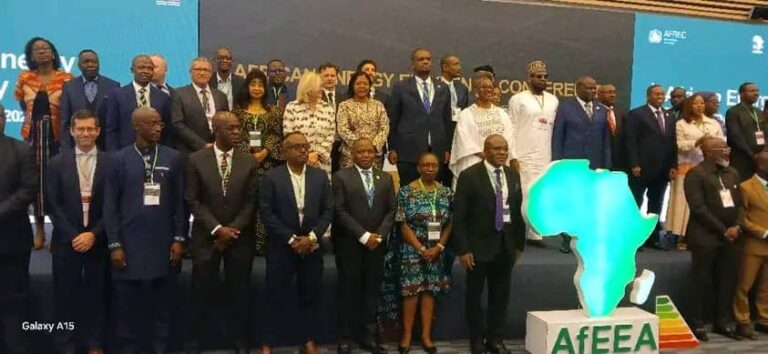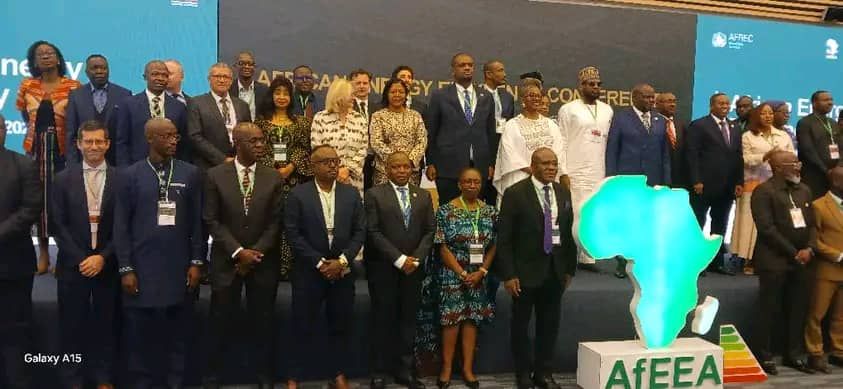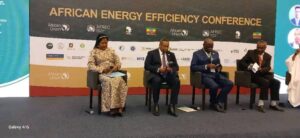By Rahim Abdul
The government has restructured its top sports leadership by appointing Jim Kalua as the new Chairperson of the Malawi National Council of Sports (MNCS), a move expected to inject fresh momentum into the country’s sports sector.
Kalua’s rise comes at a time when Malawi is searching for stronger administrative direction to address persistent challenges affecting various sporting codes.
Before this appointment, Kalua served as Chairperson of the Football Legends Association, where he worked closely with retired footballers, focusing on their welfare and long-term support.

His experience in managing athlete-related issues has been described as a valuable asset that could influence how MNCS handles matters of talent development and athlete protection going forward.
The official appointment was announced in a letter signed by Secretary for the Ministry of Youth and Sports, Justin Saidi, who also unveiled eight other members who will form the new MNCS board.
Among the newly selected board members are Escort Chinula, Senior Chief Njolomole and Chris Sukasuka, each bringing different backgrounds expected to enrich the council’s perspectives.
Kalua said that he intends to bring a results-driven approach to the role, stressing that sports governance must be anchored in discipline, planning and accountability.
He said his goal is to help create an environment where different sports disciplines can grow sustainably and contribute positively to national development.
Kalua emphasised that Malawi’s sports landscape needs stronger structures and long-term strategies rather than temporary solutions that fail to address underlying issues.
He added that cooperation between government, associations and communities will be critical if the country is to achieve tangible improvements in sports performance and administration.
With the new board now in place, the sports community is watching closely to see whether this leadership overhaul will signal the beginning of a more organised and ambitious era for Malawi’s sports.


